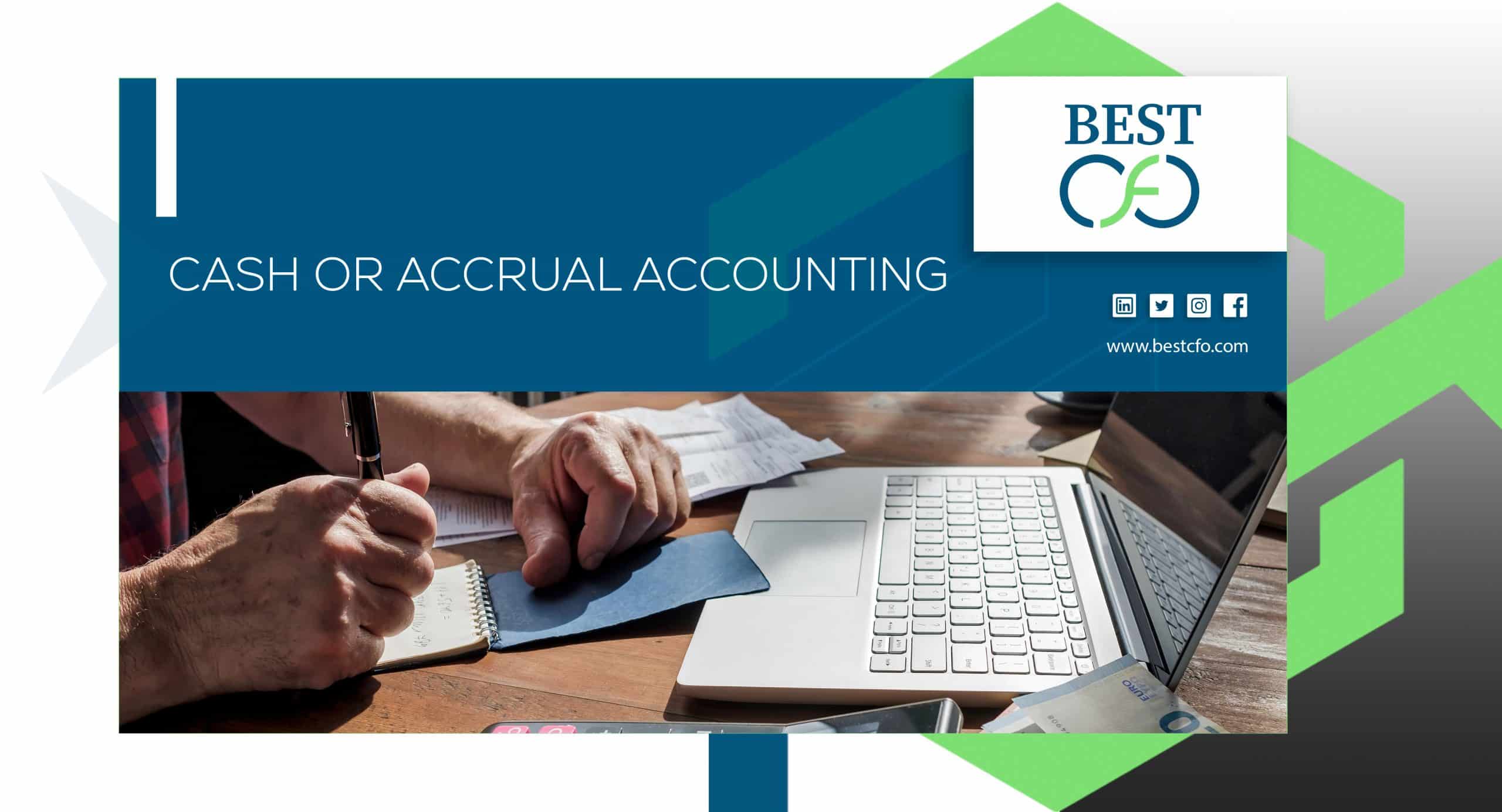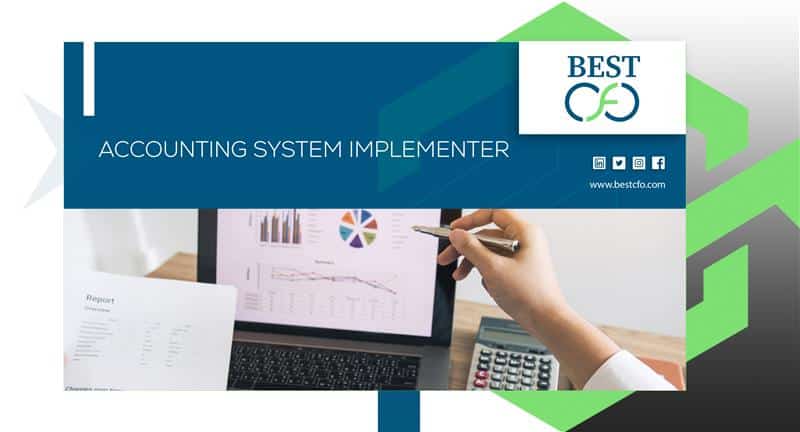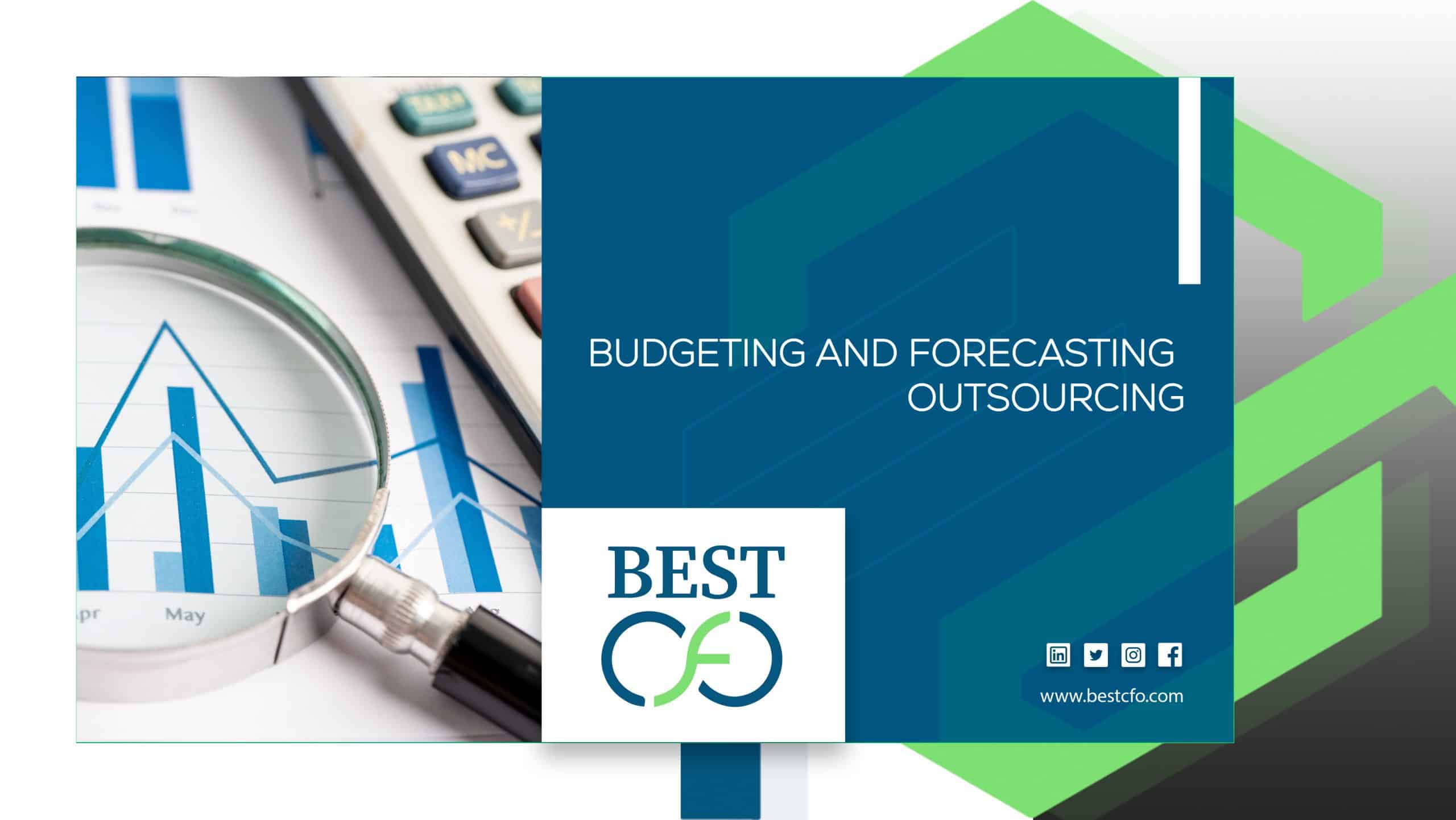
| Getting your Trinity Audio player ready... |
Difference Between Deductible and Non-Deductible Expenses
Imagine an organization doing business, imagine the economy and taxation in it. Now in this economy, to have effective tax planning, be within the law set by the Internal Revenue Service (IRS), and even more importantly, optimize the different types of tax obligations present in this economy, you must be knowledgeable of the deductible and non-deductible expenses. However, this guide is not like any other guide that simply states the differences between deductible expenses and non-deductible expenses.
What Are Business Expenses?
Business expenses are those expenses that are necessary and habitual for a company in its normal course of business operation. These may be expenses caused by purchasing office supplies, paying employee salaries, or renting office space. Properly finding and classifying these expenses are important in your preparation of your Form 1065, Form 1120-S, or any applicable business tax return.
What Are Deductible Expenses?
Expense is a business cost that can be removed from the income that is taxable for a company, thus reducing the amount of taxes due. The expense has to be ordinary (common in your trade) and necessary (important for your business) to be a valid deduction.
- Direct Expenses
Expenses directly related to the manufactory of goods or the production of services like:
- Monomers
- Manufacturing labor
- Transportation of goods, which were sold
- Indirect Expenses
General operating costs not directly associated with production:
- Electricity, Water, etc.
- Office stationery
- Advertising and Marketing
- Legal and Professional fees
Context-Specific Deductions
There are now many expenses that are deductible and then only under certain conditions. Tax is being spent on the outfit and it is only deductible up to a certain limit if it meets some business needs. The money for medical care is deductible in a limited amount, i.e., the amount in excess of 7.5 percent of the adjusted gross income. The canvas and oil you had to buy for your paintings can be written off only in case of demonstrating that the art of painting was your business not a hobby.
For Example,
Thus, it is common for the taxpayer to have to check the code of the tax law directly or to address the task to a professional tax accountant who can get an opinion on the deduction of a particular expense.
Some deductions depend on context, like:
- Business meals (50% deductible under IRS rules).
- Home office expenses (if used exclusively and regularly for business).
- Employee benefits programs.
Itemizing Your Deductions
If you have deductible expenses, you must note that your deductions are not subtracted from your taxable income unless you go with the itemized deductions option. Specifically for taxpayers choosing the single filing status, this step involves filling of the Schedule A form, where you put down and calculate your deductible expenses of the year. The IRS offers an alternative to itemization by allowing you a “standard deduction” if you make that choice not to itemize your deductible expenses.
Businesses may choose to itemize deductions on their tax forms, listing individual expenses, rather than claiming the standard deduction available for individuals. This process typically happens on:
- Schedule A (for personal deductions)
- Form 1065, Form K-1, or Form 1120-S for business returns.
The idea of the standard deduction is that even if they don’t want to go through the trouble of itemization, most taxpayers will likely have deductible expenses, and if they feel so, allowing them to take off some part of their gross income as a standard allowance that varies depending on their age and marital status is only fair. This method is suitable for quickly getting rid of the headache they would face if they were thinking of itemizing whereas it would end up being a less beneficial and quite similar to the standard deduction situation.
How Can I Tell if an Expense is Deductible?
An expense is deductible if:
- It’s ordinary and necessary for your trade.
- It complies with IRS regulations.
- It can be verified with proper supporting documentation and records.
Example:
A laptop used exclusively for business meetings, presentations, and remote work is deductible, while a personal smartphone used occasionally for business may not be fully deductible.
Most items which are used for your business or professional work can be deductible whereas, products which are for your personal use are not completely deductible as it may vary on the situation.

Are Company Computers or Devices a Deductible Business Expense?
So, the question rises, Are Company Computers or Devices a Deductible Business Expense? Yes, devices like computers, laptops, or tablets used primarily for business purposes qualify as deductible expenses. The cost can often be recovered through:
- Section 179 deduction (up to $1,250,000 in 2025 for equipment).
- Depreciation deductions for capital assets over their useful life.
What Are Non-Deductible Expenses?
Non-deductible expenses are costs the IRS does not permit businesses to deduct from taxable income. These typically fall outside the scope of what’s ordinary and necessary.
Common Examples of Non-Deductible Expenses
- Personal living or family expenses
- Fines and penalties (e.g., parking tickets)
- Political contributions
- Club membership fees (social, athletic)
- Gifts over $25 per recipient
- Capital improvements (added to the asset’s basis instead)
These are categorized under HM Revenue and Customs (HMRC) as well for international firms but follow similar disallowance guidelines under U.S. IRS tax law.
Deductible vs. Non-Deductible Expenses
Till now, you have read what is deductible and non – deductible expenses but what about difference between deductible and non – deductible expenses, this chart will help you understand the major and key differences between both of them.
Type | Deductible | Non-Deductible |
Office Rent | Yes | No |
Personal Vacation | No | Yes |
Advertising Costs | Yes | No |
Political Donations | No | Yes |
Professional Subscriptions | Yes (if related to business) | No (if for personal interest) |
Client Gifts | Yes (up to $25/recipient) | Excess above $25 |
Fines & Penalties | No | Yes |
Real Case Study & Scenarios
Case studies and scenarios always help to understand any topic and situation better as you will get the idea what it is like to be in someone else’s shoes.
Case Study 1:
A consulting firm filed for a deduction of $2,500 for personnel training. On audit, the IRS allowed only $1,000 spending on the relaxation of baths as deductible business expenses. Other than that, the training seminars and travel costs of the firm were accepted as deductible business expenses.
Case Study 2:
A small graphic design agency bought five laptops for a total of $6,000. They availed the Section 179 deduction to immediately zero out the expense in the same year, thereby cutting taxable income by $6,000.
Advanced Deduction Strategies
- Accelerate Expenses:
Pay expenses such as rent or software subscriptions in advance than plan to deduct them in the current tax year.
- Maximize Depreciation:
Take bonus depreciation (40% in 2025) and Section 179 to at once deduct the cost of qualifying asset purchases.
- Split Mixed-Use Expenses:
In case a car or phone is used for both personal chores and business activities, only the business-usage part is deductible. Keep up with a mileage log or usage abstraction.
- Employ Family Members:
Wages given to family members are the means of tax deductions. You will have the privilege to boastfully present these options as income shifts and tax savings.
Bottom Line
It’s necessary to understand the Difference Between Deductible and Non-Deductible Expenses to minimize your tax liabilities, making sure to follow rules by the IRS, and increase your profit by saving more money. Stay updated with tax laws, maintain accurate record-keeping, and seek advice from a professional tax advisor or CPA to navigate complex deductions effectively.
Related Posts
Do I Need An Accountant As A Sole Trader?
Do I Need An Accountant As A Sole Trader? Are you a sole trader running…
Fractional Finance 101: Unlocking the Power of Micro-Investing
Fractional Finance 101: Unlocking the Power of Micro-Investing Have you ever looked at the price…
Cash or Accrual Accounting: Which One Should You Use?
Cash or Accrual Accounting: Which One Should You Use? Many businesses have a choice between…
Top Accounting System Implementer – QuickBooks & More
Top Accounting System Implementer – QuickBooks & More Choosing the right accounting software is one…
 Demos
Demos  Colors
Colors  Docs
Docs  Support
Support 














